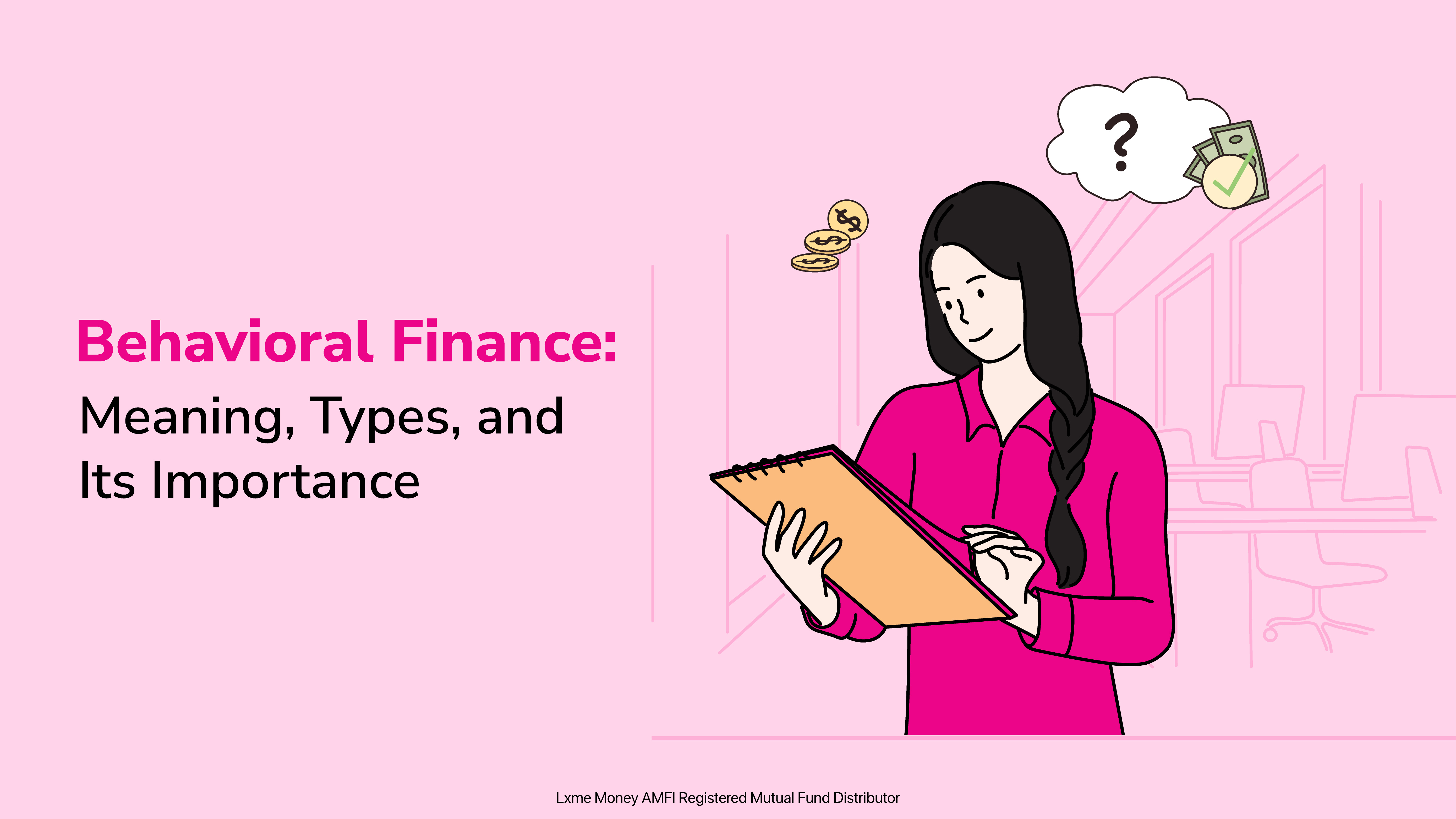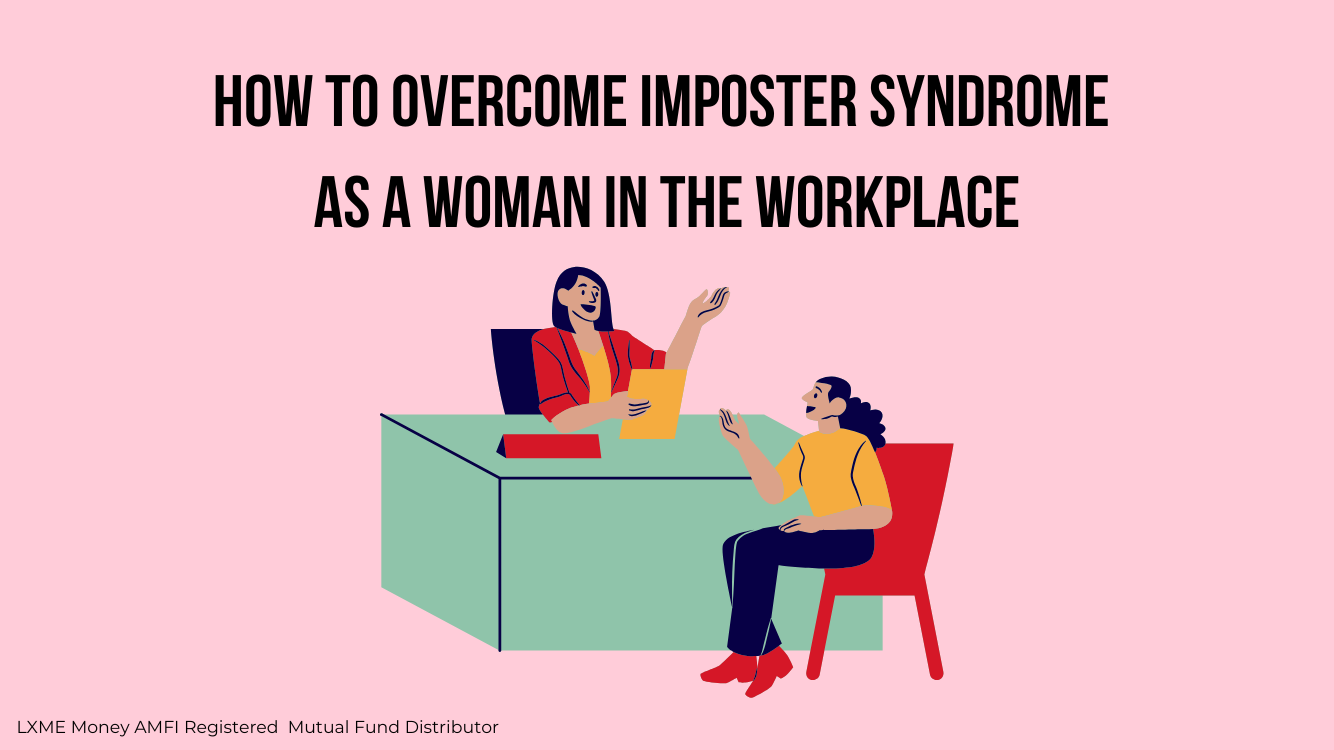Money is an integral aspect of our lives, but many struggle to maintain a healthy relationship with it. Whether it’s overspending, debt, or simply feeling like there’s never enough, a person’s relationship with money can cause stress and anxiety. However, there are ways to improve your relationship with money and create a more positive financial future for yourself. A future where you experience financial freedom and have the privilege of living your life on your terms.
Here are a few ways you can improve your relationship with money:
Identify your money beliefs and values
The first step towards improving your financial condition is to understand your relationship with your finances. You can start by identifying your beliefs and values surrounding money. Take some time out and reflect on your upbringing and experiences with money, and think about how they have shaped your current beliefs and behaviors. Are there any negative beliefs or patterns that are holding you back? Is there any financial trauma that’s holding you back? Once you’ve identified these, you can start to work on changing them.
Build an Emergency Fund
Save for the rainy day they say and they’re damn right! The most basic thing to do towards creating a healthier relationship with money is to have an emergency fund set aside. Unfortunate incidents are inevitable and it’s always better to be safe than sorry. Ideally, you should have at least 3-6 months of income kept as your emergency fund. Once you keep this money aside, remember that you can only use it for actual emergencies and your favourite brand offering a sale is not an emergency.
Stick to your budget
Another effective way to improve your relationship with money is to create a budget. This will help you understand where your money is going and make more informed decisions about how to spend it. Start by tracking your expenses for a month, and then create a budget that reflects your priorities and goals. Stick to your budget as closely as possible and make adjustments as needed. If you’re new to budgeting, you should try sticking to the 50-30-20 budgeting rule.
Set financial goals
Setting financial goals can help you stay motivated and focused on your financial future. Whether it’s paying off debt, saving for a down payment on a house, planning for your retirement, child’s education or having specific goals, setting goals can help you make better financial decisions. You can look at the various calculators that Lxme provides to assist you in setting your financial goals better. Make sure your goals are realistic and achievable. In addition to that, track your progress along the way.
Start Investing
It’s never too late or too early to start investing. We can’t emphasize enough on how important it is to invest. While you invest, you don’t work for money but you make your money work for you. And if you think you don’t have enough money to invest, then you’re wrong! You can start investing with as little as Rs. 100. Feel free to check out Lxme’s Rs. 100 portfolio if you think we’re kidding.
Educate yourself
Educating yourself about personal finance can help you make better decisions and feel more confident about your financial future. Read books, attend seminars or workshops, and consult us if necessary. The more you know, the better equipped you will be to make informed decisions about your money. You can join the Lxme community where you can meet like minded women to discuss and educate yourself about becoming financially independent.
Practice gratitude
Finally, it’s important to practice gratitude when it comes to money. Instead of focusing on what you don’t have, focus on what you do have and be thankful for it. This can help shift your mindset from one of scarcity to one of abundance, and help you feel more positive and empowered about your financial situation.
Improving your relationship with money is an ongoing process, but by following these tips, you can create a more positive and fulfilling financial future for yourself. Remember to be patient and kind to yourself along the way, and don’t hesitate to seek help if you need it. With time and effort, you can create a healthy and sustainable relationship with money that will serve you well for years to come.













